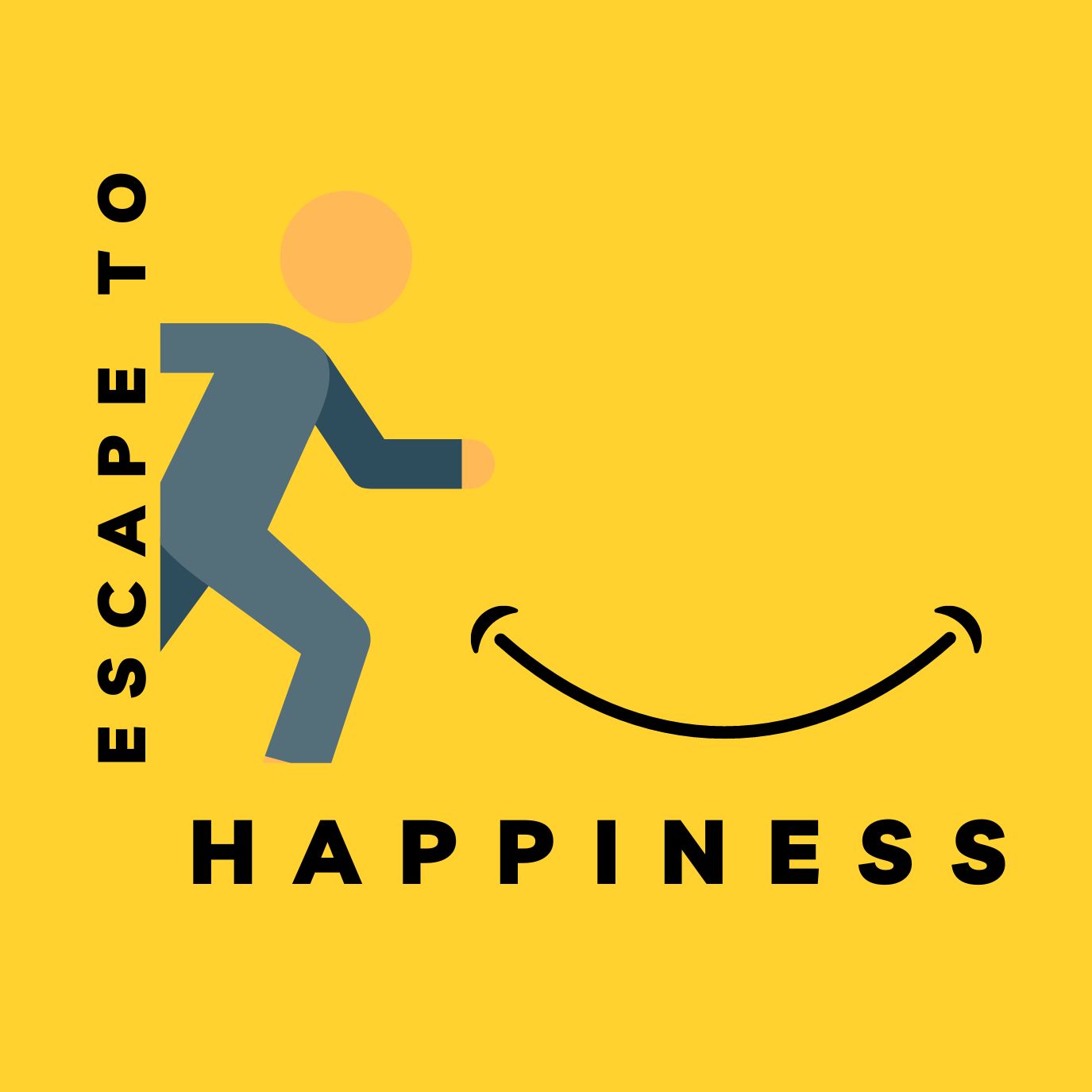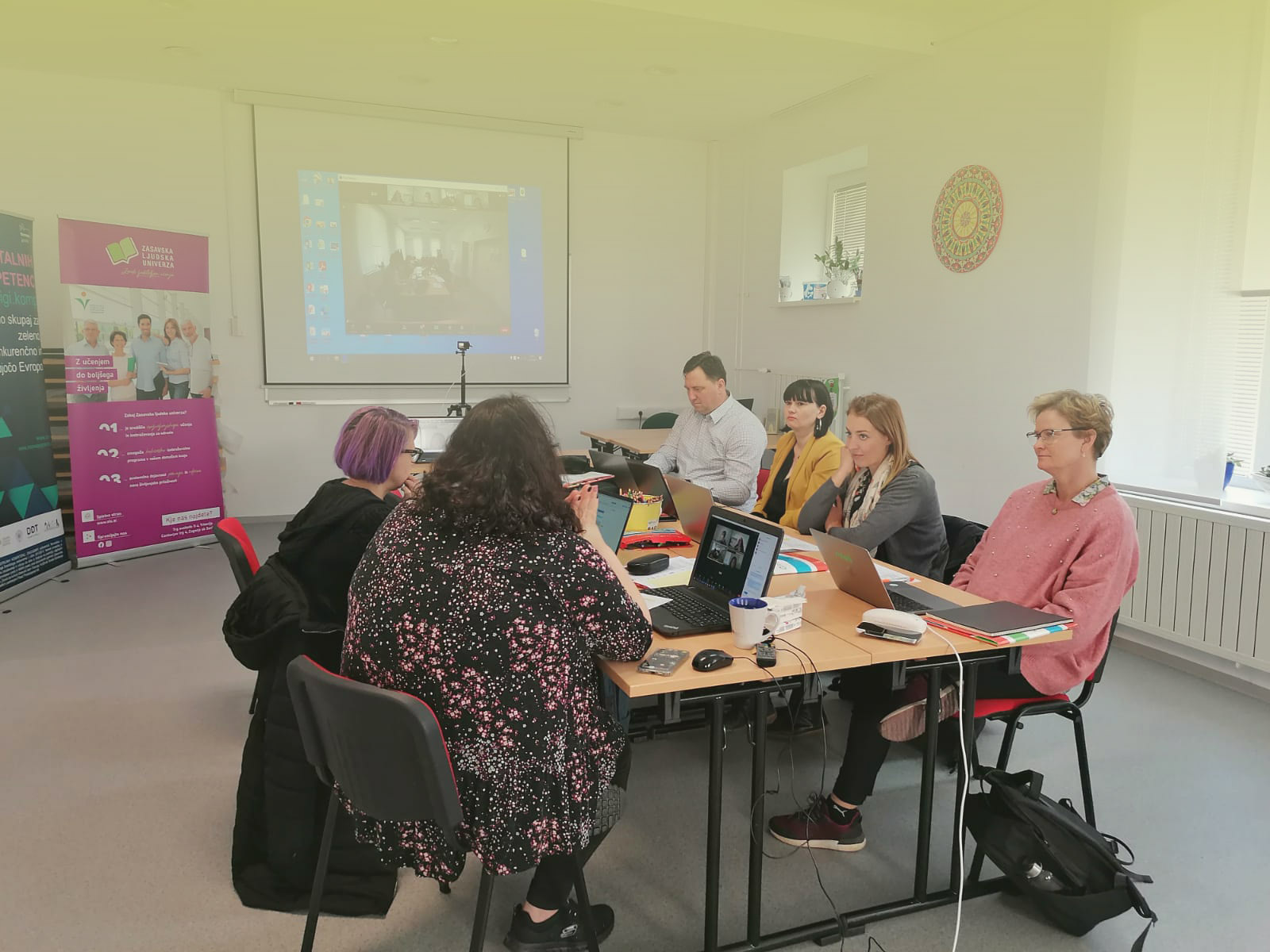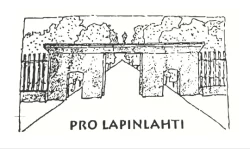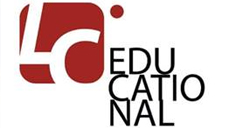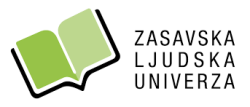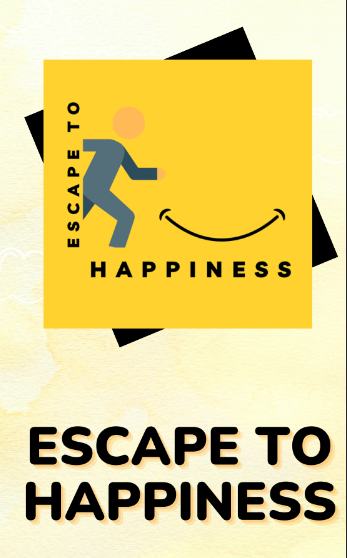Restoring Smiles in today's uncertain times
OUR BLOG


Challenges faced by adult
The project will address the above challenges by developing a methodology for adult educators to foster happiness among adults. We will develop and implement a new, attractive tool – the dissatisfaction escape room – as part of the developed methodology.
The methodology will be made available to all adult educators, as well as other sectors (youth workers, teachers, social workers) to use at the beginning of each training programme to first create a sense of value and satisfaction among the participants. In this way, participants will be more motivated for the next steps of the educational process in which they are involved.
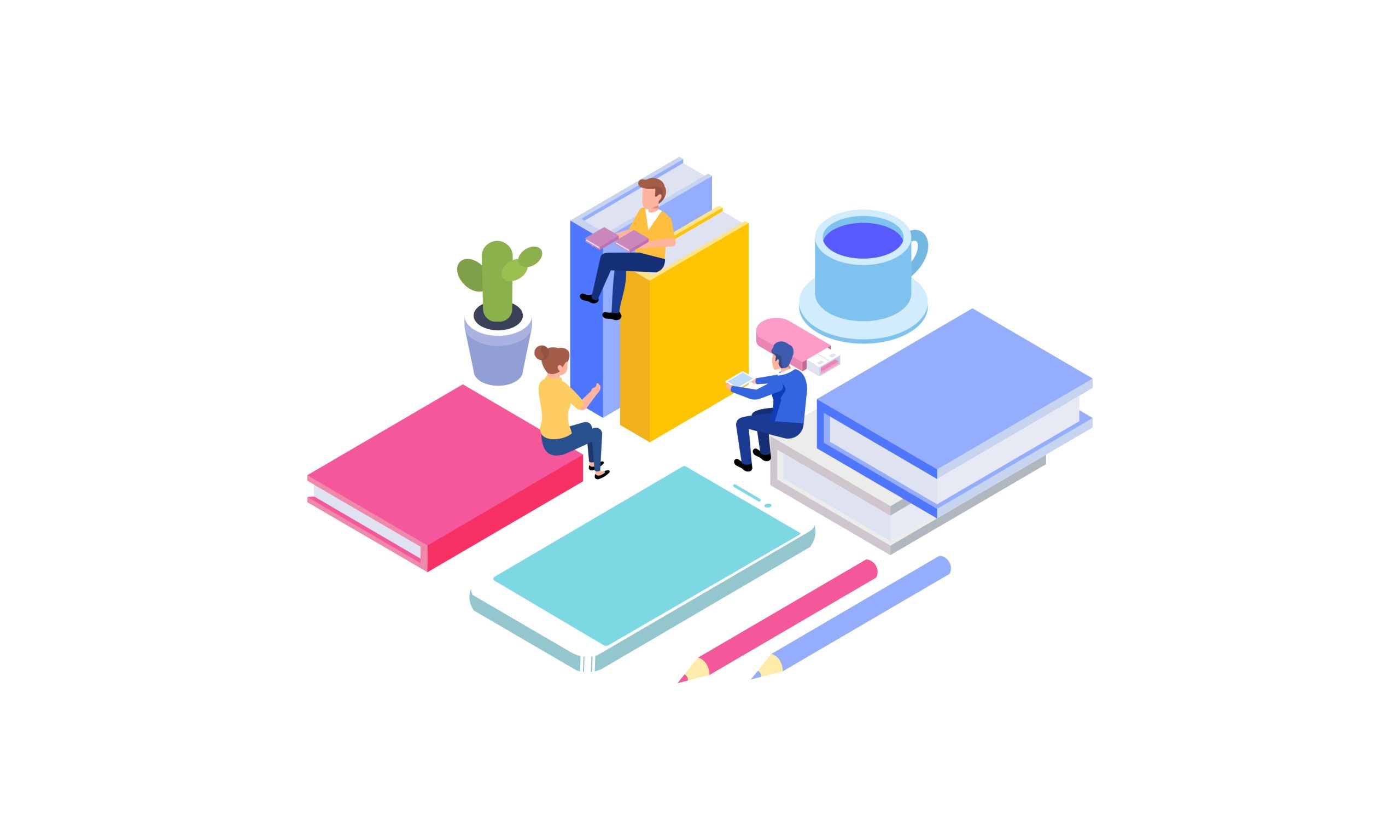
OBJECTIVES
The project will increase the motivation of adults to participate in formal and non-formal adult education programmes
This project will increase social interaction between adults,
The project increase the impact of the educational programmes on the participants,
Train adult educators to implement the methodology and the developed tool in their own educational programmes.
Booklet of Good Practices
collaboration. We engaged with adult educators, learners, and professionals beyond the realm of education, amassing a wealth of experiences, perspectives,
and practices. Through this process, we identified a repository of 80 potential good practices, each contributing to the tapestry of adult well-being.
Following meticulous evaluation, discussions, and careful consideration, we distilled this pool to its essence—40 exemplary practices that resonated with efficacy, innovation, and adaptability. Organized into four thematic chapters, these practices reflect the multifaceted nature of adult well-being enhancement:
Methodology for training content development
Escape Bloom's Taxonomy
In the psychomotor domain, learners should develop skills of imitation, manipulation, precision, articulation, and naturalization in relation to communication, use of digital tools, and development of learning resources.
Escape Competencies Matrix
competence matrix and Bloom's taxonomy have been developed. These tools provide a comprehensive framework for understanding the knowledge, skills, attitudes, and learning outcomes necessary for both adult learners and educators. They guide the project's design and implementation, ensuring it effectively addresses mental health issues and equips adult educators with the necessary resources. The project is a testament to the power of collaborative learning and innovative educational strategies in promoting mental health and well-being
